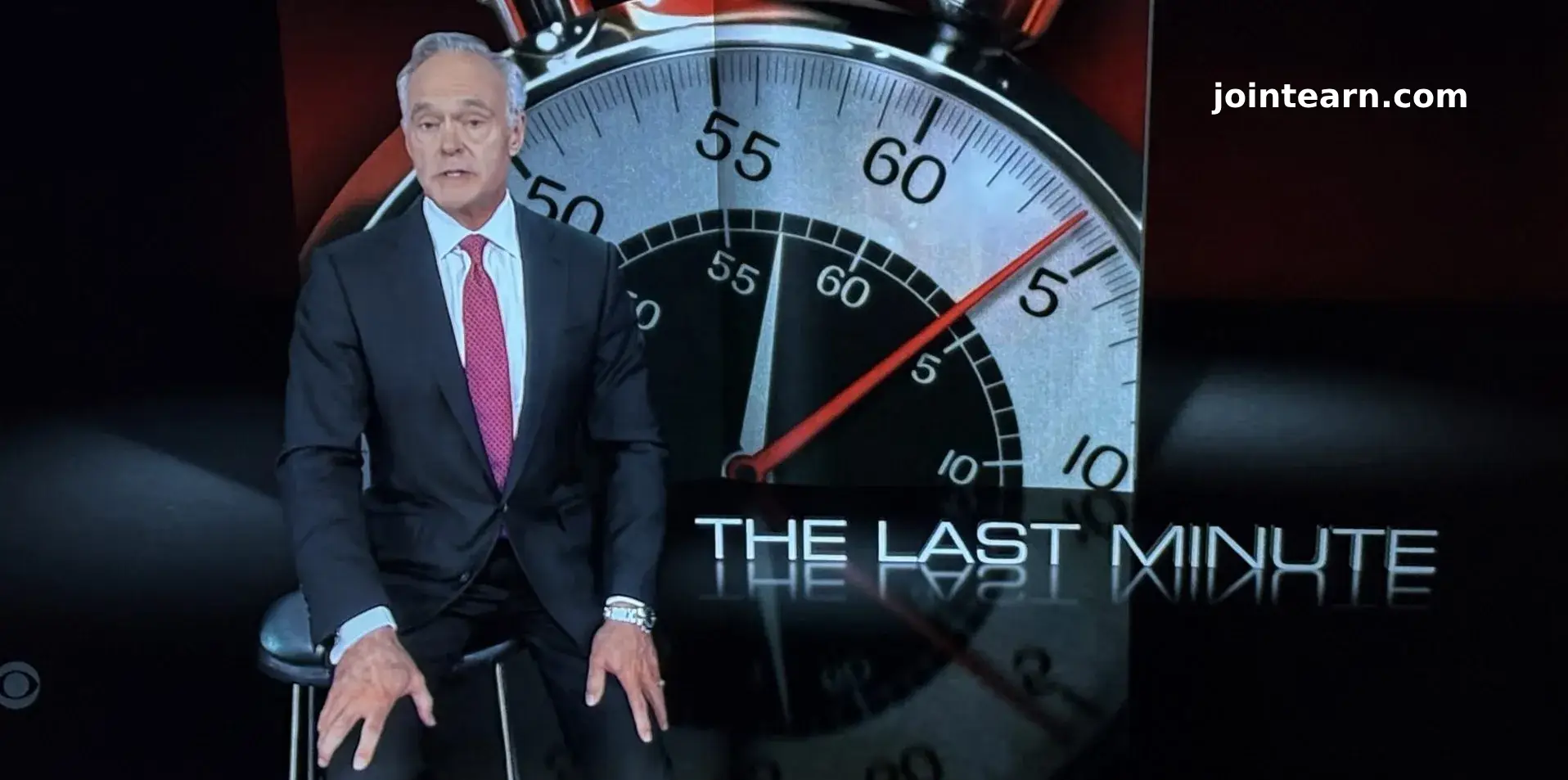In a rare moment of on-air criticism, CBS’s 60 Minutes addressed the sudden exit of its executive producer, Bill Owens, on Sunday’s broadcast. While the program’s first 98% proceeded as usual, the remaining 2% was far from ordinary.
In the “Last Minute” segment, 60 Minutes correspondent Scott Pelley revealed that Owens had chosen to leave the show after Paramount Global, CBS’s parent company, introduced increased editorial supervision. This change occurred as the company navigated its merger talks with Skydance Media and dealt with scrutiny over its coverage of the Gaza conflict and President Trump’s policies.
Owens, the program’s third executive producer in its nearly six-decade history, expressed dissatisfaction with the lack of editorial independence, citing the increasing difficulty in making editorial decisions that aligned with the show’s journalistic standards. “Bill felt he lost the independence that honest journalism requires,” Pelley stated on air. “None of our stories has been blocked, but Bill felt he lost control.”
The move marks an unusual public moment where 60 Minutes staff directly challenged the corporate management of one of TV’s most respected news programs. The statement exposed growing tensions between CBS News and its parent company, Paramount, amidst heightened oversight and legal challenges.
In particular, Paramount’s involvement in the editorial process led to friction, with Owens highlighting how recent changes in oversight were affecting the show’s autonomy. The company had brought in Susan Zirinsky, a former CBS News president, as interim executive editor to oversee editorial standards. However, the presence of additional oversight raised concerns among 60 Minutes producers that editorial decisions were increasingly influenced by external figures.
The controversy surrounding Owens’ exit comes in the wake of a legal battle between President Trump and CBS News, related to an alleged editorial manipulation during a 2020 60 Minutes interview with then-Vice President Kamala Harris. While the lawsuit faced skepticism from legal experts, the broader atmosphere of corporate control has been viewed by many as a threat to journalistic integrity.
The resignation of Owens is seen as a warning signal from the 60 Minutes staff regarding the erosion of editorial independence. In his farewell statement, Owens expressed that his decision was motivated by a sense of duty to preserve the integrity of 60 Minutes, which has maintained editorial autonomy for nearly 60 years. “Bill resigned on Tuesday. It was hard on him and it was hard on us,” Pelley added. “But he did it for us.”
The public airing of these concerns is a rare instance of news personnel openly challenging the very corporations that employ them. Recent years have seen a rise in outspoken criticism from media figures, including MSNBC anchors and ESPN personalities, who have publicly challenged their parent companies’ decisions. However, such instances of dissent have often been met with swift retaliation, as seen with former CBS anchor Josh Elliott and CNN’s Brooke Baldwin.
The criticism against Paramount’s oversight is palpable. 60 Minutes correspondent Lesley Stahl also expressed concerns, stating, “I have been made aware of interference in our news processes, and calling into question our judgment.” Stahl’s remarks reflect the growing unease within the program over the perceived erosion of journalistic standards.
Pelley’s role in delivering this message is significant, given his history of challenging management. In 2019, Pelley publicly accused CBS News of fostering a toxic work environment, leading to his exit from CBS Evening News. Known for his close working relationship with Owens, Pelley’s decision to speak out on air underscores the gravity of the situation for 60 Minutes staff, who view the changes as a potential threat to their credibility.
This rare on-air rebuke by 60 Minutes highlights the increasing tensions between journalistic integrity and corporate oversight in today’s media landscape, raising important questions about the future direction of the program.












